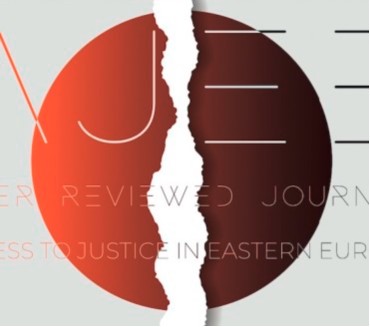Summary: 1. Introduction. – 2. Methodology. – 3. Concept Of Environmental Crimes Related to Climate Change. – 3.1 Definition of Environmental Crimes. – 3.2. Characteristics. – 4. International Regulations on Climate-Related Environmental Crimes and Their Incorporation into the Vietnamese Criminal Law. – 4.1. International Legal Foundation on Climate-related Environmental Crimes. – 4.1.1. Perspectives on the Criminalization of Ecocide under International Criminal Law. – 4.1.2. The International Obligations of States in Responding to Environmental Crime in General. – 4.2. Provisions of Vietnamese Criminal Law in Relation to the Country’s International Commitments on Combating Environmental Crime. – 4.2.1. The criminalization of environmental offences under Vietnam’s criminal law. – 4.2.2. Recognition and Scope of Criminal Liability of Commercial Legal Entities for Environmental Violations. – 5. Emerging Trends In Environmental Crimes Driven By Climate Change In Vietnam. – 6. Suggestions. – 7. Conclusion.
Background: Environmental crimes related to climate change encompass unlawful acts that harm the natural environment and worsen climate issues. However, Vietnam's legal framework faces significant limitations in addressing these offences, with many harmful acts not classified as crimes and penalties often lacking proportionality and deterrent effects. Therefore, examining Vietnamese criminal law is essential for improving the legal response to these environmental crimes.
Methods: The author employs various social science research methods to enhance understanding of environmental crimes. By integrating qualitative legal research, doctrinal analysis, comparative studies, and case studies, the author clarifies both international and national legal frameworks. The doctrinal approach illuminates these frameworks, while the comparative method evaluates Vietnam’s laws in relation to international standards. Additionally, case studies highlight legal gaps that impede the prosecution of serious environmental harm. These combined methods provide a comprehensive analysis of the issue.
Results and Conclusions: This article analyses international legal instruments alongside Vietnamese criminal law pertaining to climate-driven environmental crimes. It addresses key challenges, emerging trends, and current policy responses. Ultimately, it proposes legal and institutional reforms aimed at enhancing the legislative framework and improving the effectiveness of law enforcement.

